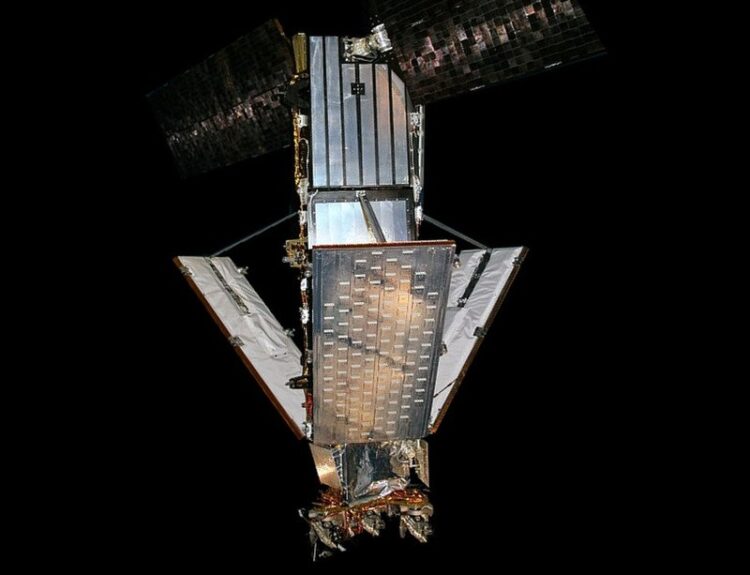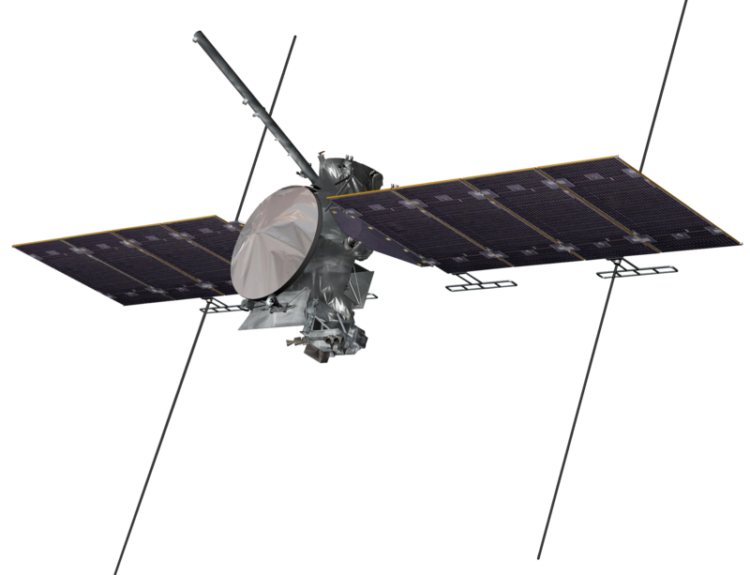Unveiling the digital transformation of luxury shopping!
- The global online personal luxury goods market is valued at USD 82.3 billion in 2023.
- Significant growth driven by digitization, changing consumer preferences, and e-commerce expansion.
- Fashion and accessories dominate the market, accounting for 45.8% of sales.
- The Americas lead in market value, while the Asia Pacific region shows the highest growth potential.
- Technological advancements like AI and AR enhance online shopping experiences.
- Sustainability and ethical practices are increasingly important to consumers.
The global online personal luxury goods market has reached a remarkable valuation of USD 82.3 billion in 2023, showcasing significant growth fueled by the rise of digital retail, evolving consumer preferences, and the expansion of e-commerce platforms. This market includes a variety of high-end products such as fashion items, accessories, jewelry, watches, beauty products, and home decor, all available through online channels. nnThe surge in online luxury shopping is largely attributed to the increasing digitization of retail. With the widespread use of smartphones and high-speed internet, consumers now have easier access to online shopping platforms. Luxury brands are adapting by enhancing their digital presence to engage a wider audience. Innovations like augmented reality (AR) and virtual reality (VR) are enriching the online shopping experience, allowing customers to virtually try on products before making a purchase. nnYounger generations, particularly Millennials and Gen Z, are driving this trend as they prefer the convenience of online shopping and seek unique, personalized experiences. Online platforms enable brands to offer tailored recommendations and exclusive collections, aligning with the preferences of these tech-savvy consumers. nnThe COVID-19 pandemic has further accelerated the shift towards online shopping, as physical stores faced closures and restrictions. Luxury brands quickly pivoted to digital sales to maintain customer engagement, highlighting the necessity of a strong online presence. This trend is expected to continue post-pandemic, as consumers appreciate the convenience and variety available online. nnSustainability is also becoming a key factor in consumer purchasing decisions. Shoppers are increasingly aware of the environmental and social impacts of their purchases, prompting luxury brands to adopt sustainable practices. Online platforms serve as effective channels for brands to communicate their sustainability efforts, enhancing their reputation and attracting eco-conscious consumers. nnTechnological advancements, including artificial intelligence (AI) and machine learning (ML), are transforming the online luxury goods market by providing personalized recommendations and improving customer satisfaction. Additionally, blockchain technology is being explored to ensure product authenticity, addressing concerns about counterfeiting. nnSocial media and influencer marketing play a crucial role in the growth of the online luxury goods market. Platforms like Instagram and TikTok allow brands to connect directly with engaged audiences, while shoppable posts and live-stream shopping events enhance sales opportunities. nnIn terms of market segmentation, the fashion and accessories category holds the largest share, driven by high demand for designer items. Geographically, the Americas represent the largest market, but the Asia Pacific region is poised for the highest growth due to rising disposable incomes and a growing interest in luxury products. Europe remains a significant player, with countries like France and Italy being key luxury hubs. nnOverall, the online personal luxury goods market is evolving rapidly, driven by technological innovations, changing consumer behaviors, and a growing emphasis on sustainability.·
Factuality Level: 8
Factuality Justification: The article provides a comprehensive overview of the Online Personal Luxury Goods Market, including market size, trends, and factors driving growth. It is well-researched and presents factual information without significant bias or sensationalism. However, it could benefit from a more concise presentation, as some sections contain redundant details that may distract from the main points.·
Noise Level: 6
Noise Justification: The article provides a detailed overview of the Online Personal Luxury Goods Market, including market size, trends, and technological advancements. However, it lacks critical analysis and does not hold powerful entities accountable. While it presents relevant data and insights, it primarily serves as a market report rather than a thought-provoking analysis.·
Private Companies: YOOX NET-A-PORTER Group,Farfetch,Saks Fifth Avenue,Lyst,Grailed,MatchesFashion,Mytheresa,SSENSE
Key People:
Financial Relevance: Yes
Financial Markets Impacted: Yes
Financial Rating Justification: The article discusses the Global Online Personal Luxury Goods Market, which is a financial topic as it involves market size, trends, and forecasts related to luxury goods sales. The report indicates that the market is valued at USD 82.3 Billion in 2023, highlighting significant growth driven by e-commerce and changing consumer preferences. This impacts financial markets as it reflects consumer spending patterns and the performance of luxury brands, which are key players in the financial market.·
Presence Of Extreme Event: No
Nature Of Extreme Event: No
Impact Rating Of The Extreme Event: No
Extreme Rating Justification: The article discusses the growth of the Online Personal Luxury Goods Market and does not mention any extreme event occurring in the last 48 hours.·
Move Size: No market move size mentioned.
Sector: All
Direction: Up
Magnitude: Large
Affected Instruments: Stocks
 www.businesswire.com
www.businesswire.com 





